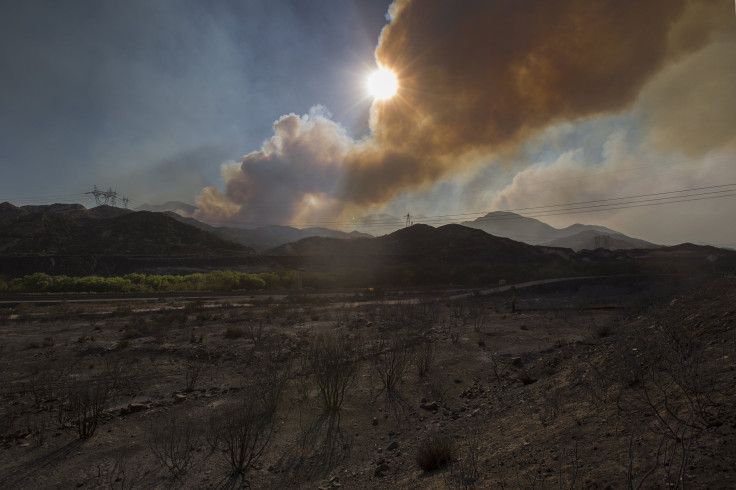Climate Change: Humans Have Been Causing Global Warming For Nearly 2 Centuries, Study Suggests

Man-made global warming has been around for nearly two centuries, suggesting that the burning issue of climate change is not a phenomenon that simply belongs to the 20th century, according to a new study.
The results of the study, published in the journal Nature on Wednesday, suggested that global warming began during the early stages of the Industrial Revolution. According to the scientists who worked in the research project, the warming was first detectable in the Arctic and tropical oceans around the 1830s — much earlier than previously thought.
“It was an extraordinary finding,” Nerilie Abram, associate professor at The Australian National University, and the study’s lead author, said in a statement. “It was one of those moments where science really surprised us. But the results were clear. The climate warming we are witnessing today started about 180 years ago.”
Abram said that climate change, caused by human activity, is generally talked about as a 20th century phenomenon because direct measurements of climate before the 1900s are difficult to find. As part of the study, the researchers studied reconstructions of climate for the past 500 years to determine exactly when the current trend of sustained warming of the planet began.
In addition to examining climate histories preserved in corals, cave decorations, tree rings and ice cores across the world, the researchers also evaluated thousands of years of climate model simulations, including data used for the latest report by the U.N.’s Intergovernmental Panel on Climate Change.
The scientists also used climate models to separate the human-induced warming from natural factors such as volcanoes, and found that even the major volcanic eruptions in the early 1800s were only a minor factor in the early onset of climate change.
The latest findings are expected to help scientists better assess the extent that humans have caused the climate to move away from its pre-industrial state, and determine the future impact of greenhouse gas emissions on the climate.
“Our findings imply that instrumental records are too short to comprehensively assess anthropogenic climate change and that, in some regions, about 180 years of industrial-era warming has already caused surface temperatures to emerge above pre-industrial values, even when taking natural variability into account,” the scientists said in the study.
© Copyright IBTimes 2024. All rights reserved.






















